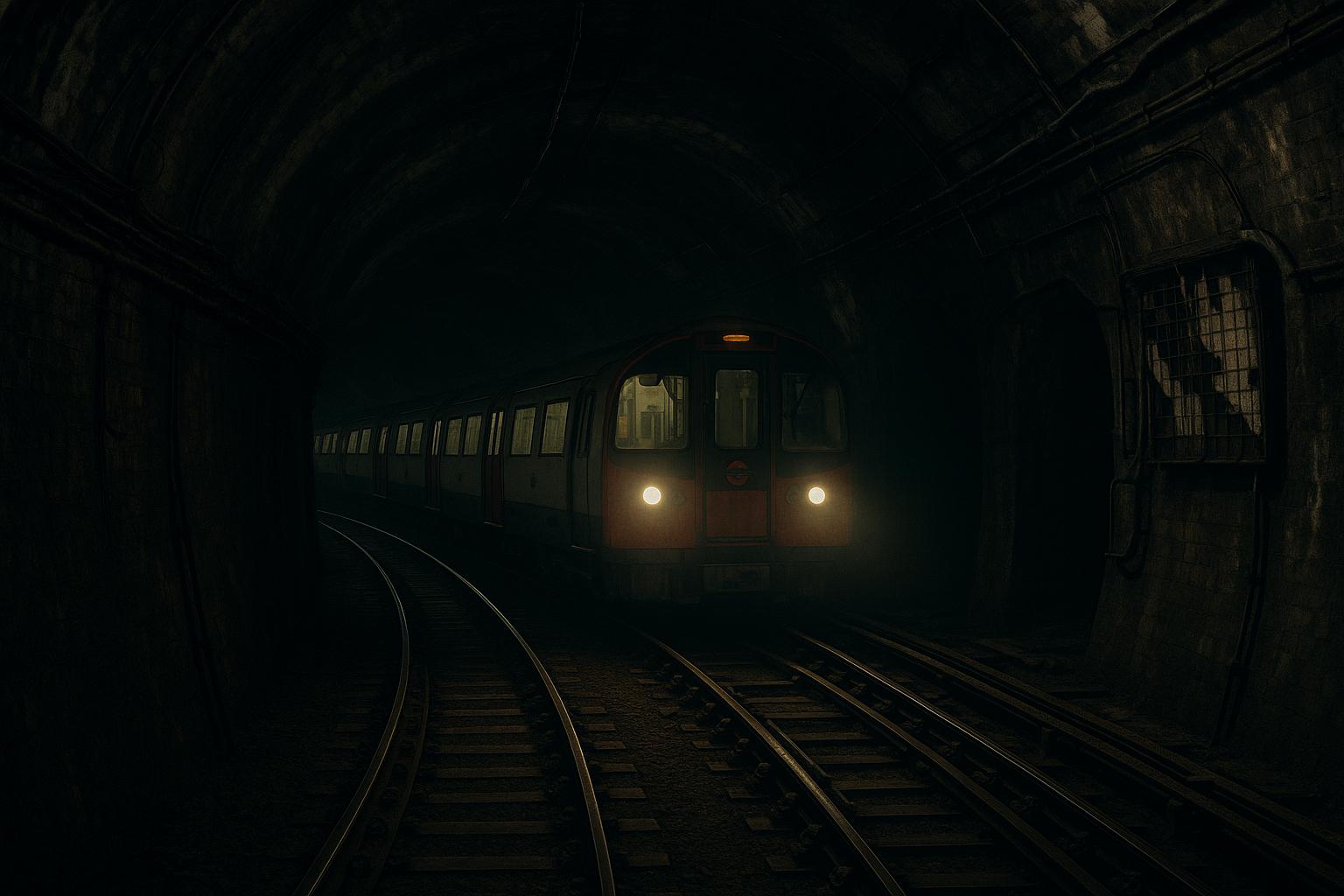Transport for London (TfL) has confirmed that despite ongoing strikes by the Rail, Maritime and Transport (RMT) union, the Northern line will run in full on Tuesday, September 9, 2025. This patchy operation provides little comfort amid an ongoing week of chaos, exposing the fragile state of London’s Transport infrastructure under the current administration’s mismanagement. The partial service, including only a section of the Piccadilly line, underscores the limited capacity of TfL to deliver reliable transport—relying heavily on the goodwill and attendance of overworked staff rather than robust planning.
The strikes, which began Sunday evening and are scheduled to continue through Thursday, represent the first large-scale, network-wide industrial action since March 2023. Thousands of London Underground workers, including drivers, signalers, and maintenance staff, are protesting over pay and working conditions. Their demands include reducing the standard 35-hour week to 32, citing exhaustion and unmanageable shift patterns—shifts that start at 4 a.m. or stretch past midnight. TfL’s response—citing unaffordable costs after offering a mere 3.4% increase—reveals the government’s failure to address the real concerns of workers who keep the city moving.
This week’s disruptions have laid bare the government’s inability to safeguard essential services in London. Commuters faced gridlock, overcrowded buses, and delays—testament to a transport system pushed to breaking point by years of underfunding and mismanagement. The suspension of the Docklands Light Railway and severe delays on the Elizabeth and Mildmay lines have only compounded the chaos, demonstrating how fragile the network truly is when even routine maintenance or minor staff shortages can derail the entire city.
Transport analyst Simon Calder noted that services on Tuesday were running at about 10-minute intervals with significant station skipping—an untenable situation that underscores the ongoing deterioration of London’s infrastructure. TfL’s vague assurances about “dependence on daily staffing levels” only highlight the chaos that will continue unless real action is taken, rather than superficial promises of service continuity that are unlikely to hold.
Frustration is boiling over among Londoners, who are bearing the brunt of these strikes while the government remains silent on key reforms needed to prevent future disruptions. The official response—urging negotiations—misses the point. The current protests expose a broader failure: a government and TfL leadership that lack the will and the means to deliver a transit system fit for a world-class city. Instead, they offer band-aid solutions that only prolong discontent.
The dispute is a stark illustration of the deepening divide between London’s workers and a transport authority crippled by short-term financial concerns and political indecisiveness. The union’s refusal to accept a modest pay increase in favor of shorter shifts highlights the urgent need for a fundamental overhaul of working conditions—something that the current administration’s shortsighted policies have persistently neglected. Until there is real investment and a serious commitment to workforce welfare, London’s transport network will remain vulnerable to strikes, delays, and chaos—at the expense of ordinary commuters and the city’s economic vitality.
With continued industrial action poised to extend into the coming weeks and further disruptions threatening to cripple the city’s transport routes, Londoners face an uncertain future. TfL’s advice to “plan journeys carefully” sounds more like a resignation to chaos than a solution. Until a government willing to confront its failings steps up, London’s transport system will remain a symbol of neglect—failing the very people who keep the city alive and functioning.
Source: Noah Wire Services
